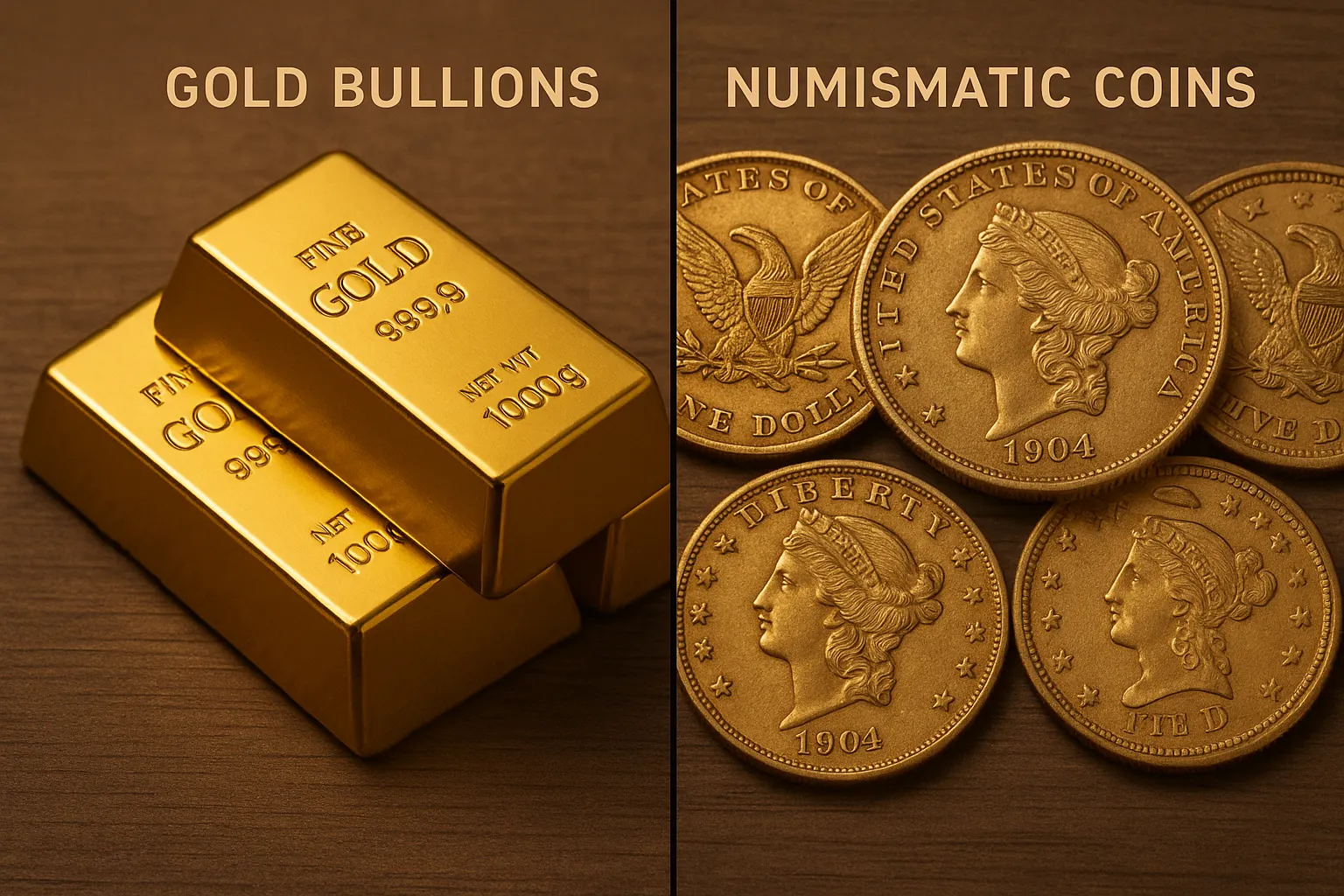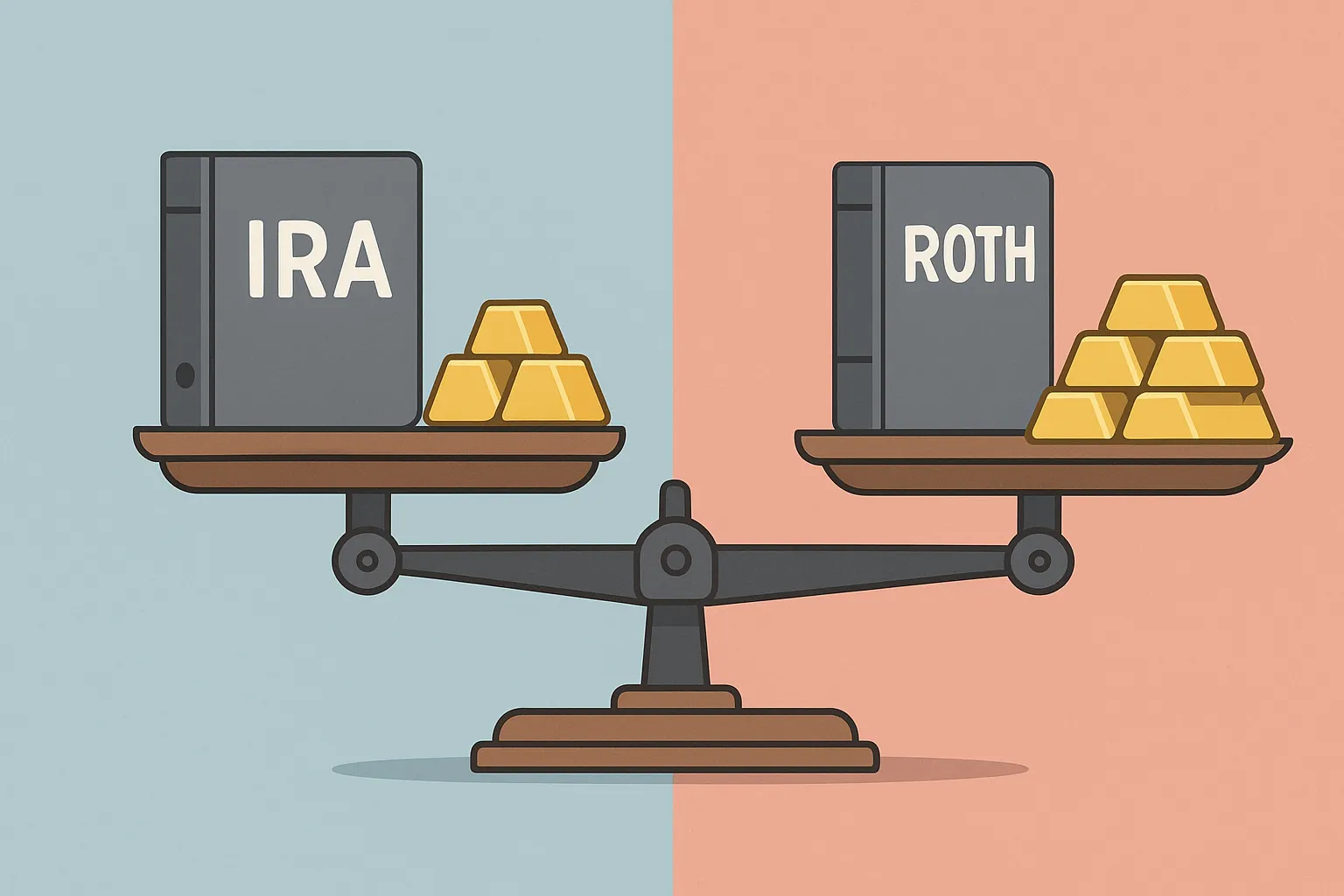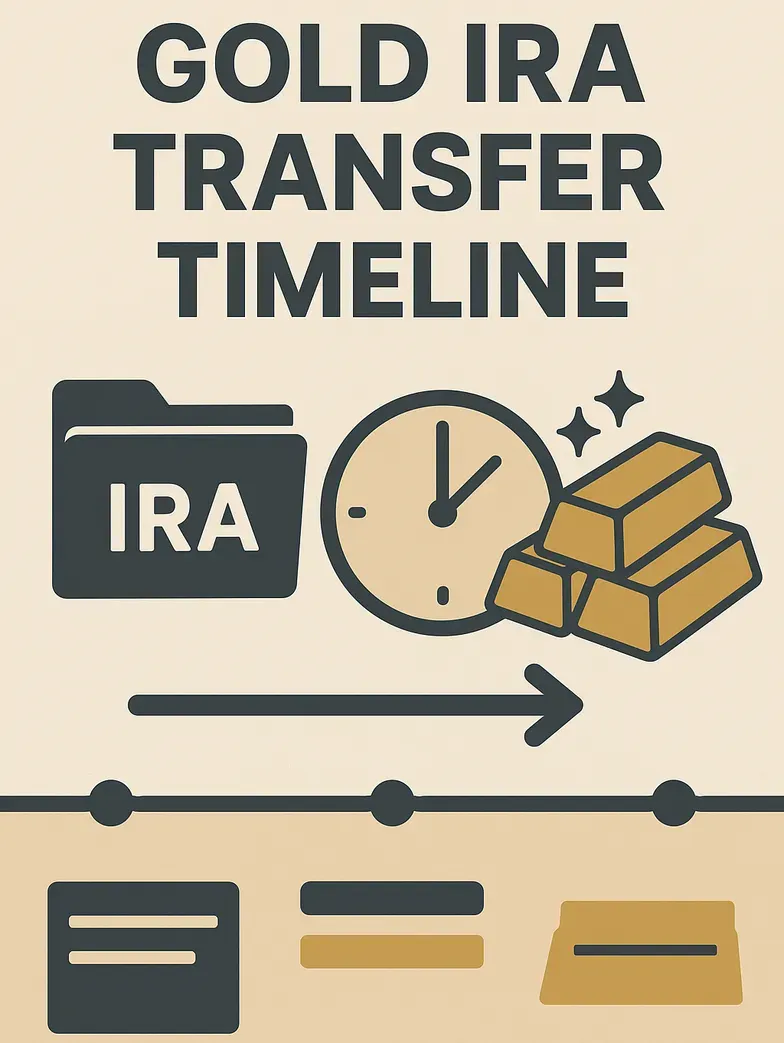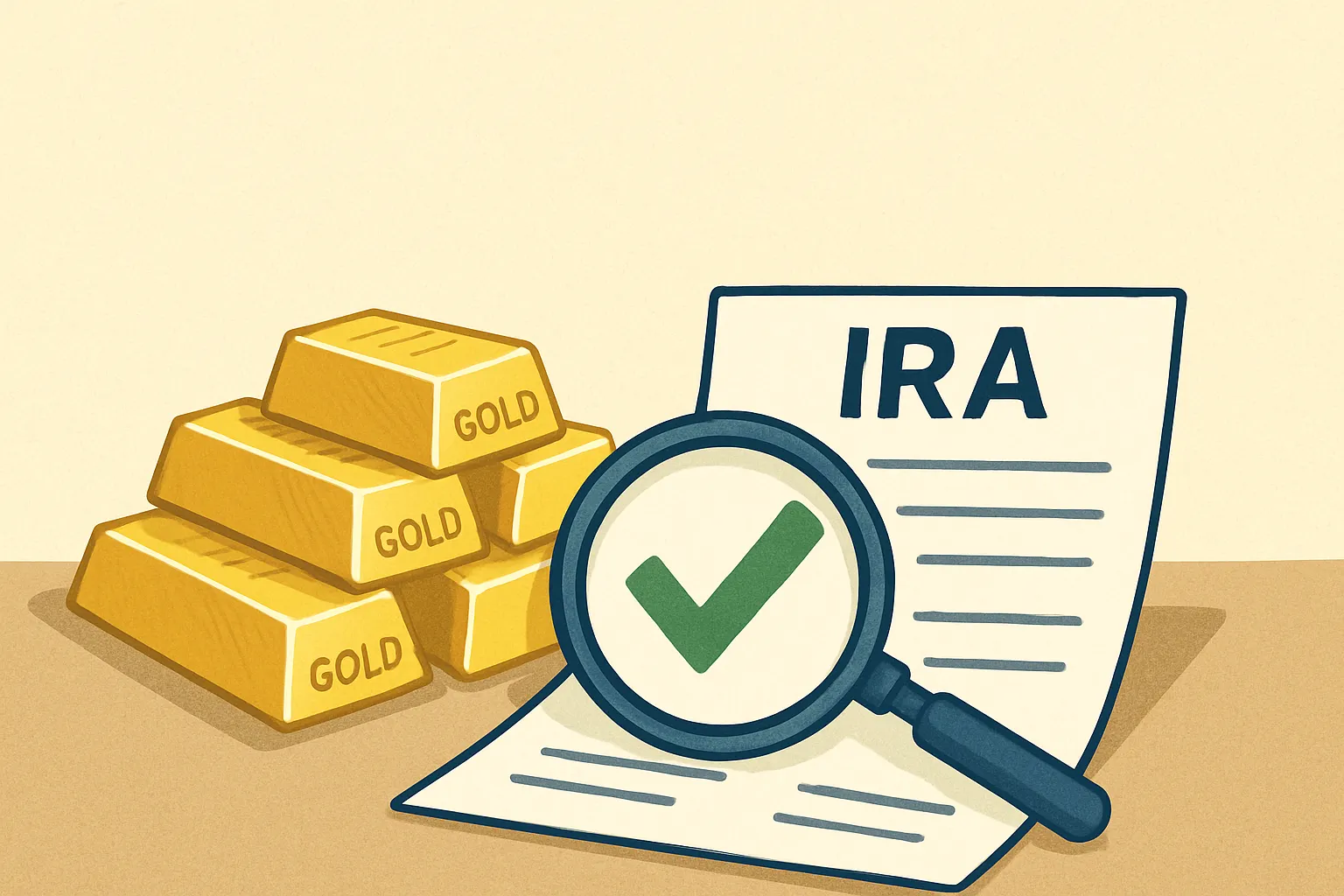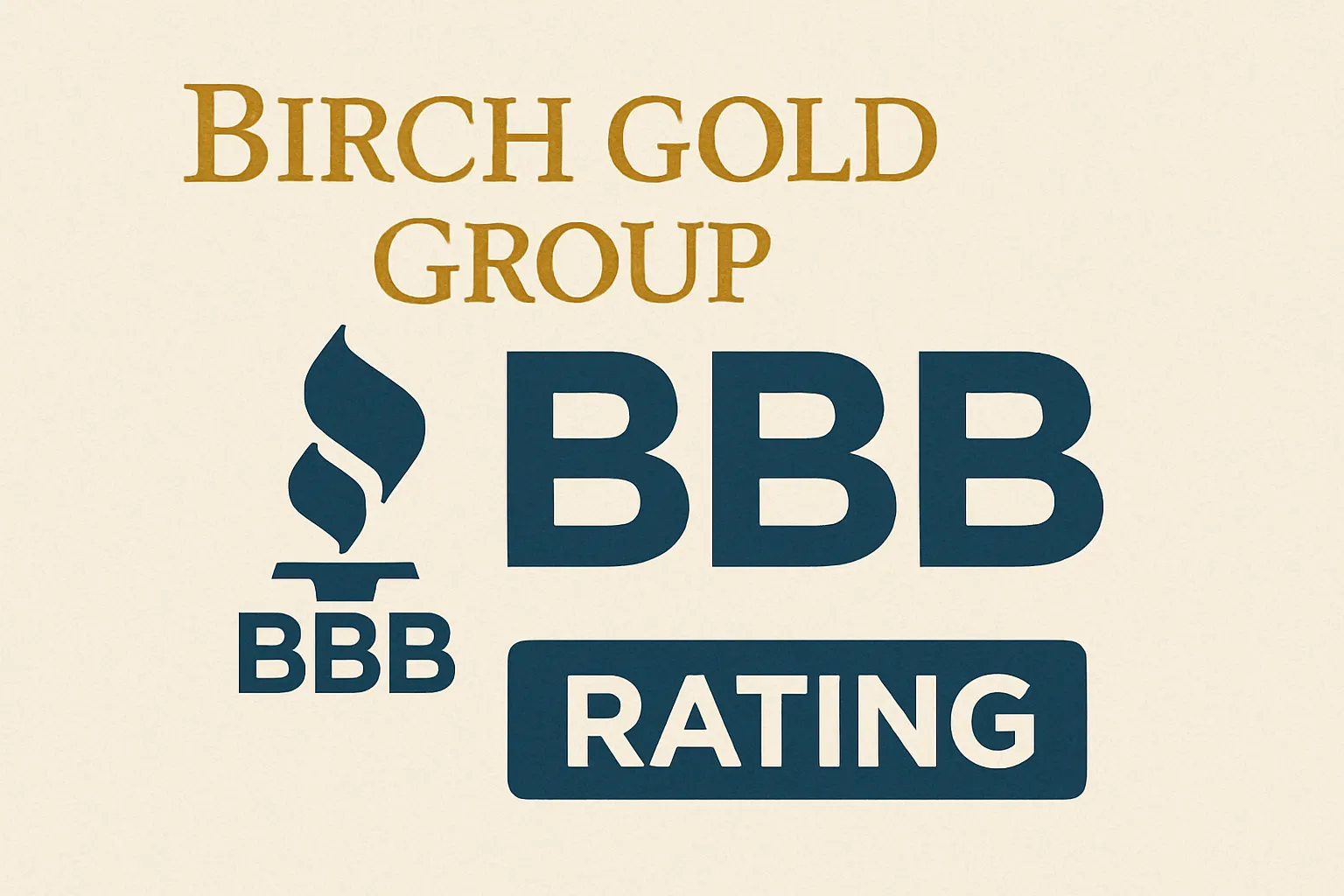Gold IRA Surviving Spouse Rules: What You Need to Know to Protect Your Financial Future
Losing a spouse is devastating enough without having to navigate complex financial rules during your time of grief. Yet understanding Gold IRA surviving spouse rules could mean the difference between preserving your loved one's legacy and facing unnecessary taxes or penalties.
If your spouse held a Gold IRA, you have critical decisions to make—and time-sensitive ones at that. The choices you make in the months following your spouse's death will impact your financial security for years to come.
What Happens to a Gold IRA When the Owner Dies?
When your spouse passes away, their Gold IRA doesn't simply disappear. As the surviving spouse, you have more flexibility than other beneficiaries, but you must act within specific timeframes to maximize your benefits.
The Gold IRA custodian will freeze the account temporarily while they verify the death certificate and determine the rightful beneficiaries. This is why having proper beneficiary designations on file is absolutely crucial—it speeds up the process and ensures the assets go where your spouse intended.
Key documents you'll need:
- Death certificate
- Marriage certificate
- Account beneficiary forms
- Your identification
- Social Security numbers for both you and your deceased spouse
Your Three Primary Options as a Surviving Spouse
Unlike other beneficiaries who have limited choices, surviving spouses enjoy three distinct options for handling an inherited Gold IRA:
1. Spousal Rollover (Treat as Your Own IRA)
This is often the most advantageous option. You can transfer the Gold IRA assets into your own existing IRA or establish a new one in your name. Once completed, the IRA follows your age and circumstances for all future decisions.
Benefits of spousal rollover:
- Reset required minimum distribution (RMD) timeline based on your age
- Name new beneficiaries
- Continue tax-deferred growth
- Maintain investment strategy flexibility
2. Inherited IRA Election
You can keep the Gold IRA as an inherited account, maintaining your spouse's name on the title. The account would read something like "John Smith, deceased, for the benefit of Jane Smith."
When this might make sense:
- You're under 59½ and need access to funds (no 10% early withdrawal penalty)
- Your spouse was younger and had a longer RMD timeline
- You want to preserve the account for other beneficiaries
3. Cash Distribution
You can liquidate the entire Gold IRA and take a lump-sum distribution. However, this option triggers immediate income tax on the full amount and eliminates future tax-deferred growth potential.
Warning: This is rarely the optimal choice unless you have immediate financial needs that outweigh the tax consequences.
The Spousal Rollover Advantage: Why It's Usually Your Best Bet
For most surviving spouses, the rollover option provides maximum flexibility and tax benefits. Here's why:
Age Reset Benefits: If you're younger than your spouse, rolling over the Gold IRA to your own account resets the RMD clock. You won't need to start taking required distributions until you reach age 73, potentially adding years of tax-deferred growth.
Beneficiary Control: With a spousal rollover, you can name new beneficiaries—typically your children or other heirs. This ensures the Gold IRA can continue providing benefits to the next generation.
Investment Flexibility: As the account owner, you maintain full control over investment decisions within the Gold IRA, including which precious metals to hold and when to rebalance.
Required Minimum Distributions: The Rules You Can't Ignore
Understanding RMD requirements could save you from devastating penalties. The IRS imposes a 25% penalty on any required distribution you fail to take.
Traditional Gold IRA RMDs
If you inherit a traditional Gold IRA and choose the spousal rollover:
- RMDs begin when you reach age 73
- Annual distribution amounts are calculated based on your life expectancy
- You can satisfy RMDs by taking cash distributions or in-kind distributions of physical precious metals
If you elect the inherited IRA option:
- You must begin RMDs by December 31st of the year following your spouse's death
- Distribution amounts are based on your life expectancy or your spouse's remaining schedule
Roth Gold IRA Rules
Roth IRAs have different rules:
- No RMDs required during your lifetime if you do a spousal rollover
- Inherited Roth IRAs require RMDs, but distributions are typically tax-free
- Assets continue growing tax-free
Tax Implications That Could Cost You Thousands
Income Tax on Distributions: Traditional Gold IRA distributions are taxed as ordinary income. Time your distributions strategically to minimize your tax bracket impact.
Estate Tax Considerations: For larger estates, proper planning can help minimize estate taxes. The unlimited marital deduction typically protects surviving spouses, but future estate planning becomes crucial.
Physical Gold Basis Step-Up: When you inherit physical precious metals, they receive a "stepped-up basis" equal to their fair market value at your spouse's death. This can significantly reduce capital gains taxes if you later sell the metals.
Critical Mistakes That Could Destroy Your Financial Security
Missing the 60-Day Rollover Window: If you take a distribution intending to roll it over, you have just 60 days to complete the process. Miss this deadline, and the entire amount becomes taxable.
Choosing the Wrong Option: Without proper analysis, you might select an option that costs you tens of thousands in unnecessary taxes or lost growth potential.
Failing to Update Beneficiaries: After completing a spousal rollover, immediately update your beneficiary designations to reflect your wishes.
Premature Access: Taking early distributions from an inherited IRA might seem necessary, but consider all alternatives first. Once you take money out, you can't put it back.
Your Immediate Action Plan
When your spouse passes away, follow these critical steps:
- Contact the Gold IRA Custodian Immediately Notify them of your spouse's death and request information about your options and required documentation.
- Gather Essential Documents Collect death certificates, marriage certificates, and all account-related paperwork.
- Understand Your Timeline Most decisions must be made within specific timeframes—some as short as 60 days.
- Calculate the Financial Impact Run scenarios for each option, considering your age, financial needs, and tax situation.
- Seek Professional Guidance An experienced financial advisor can help you navigate these complex decisions during an emotionally difficult time.
Secure Your Financial Future with Professional Gold IRA Planning
The surviving spouse rules for Gold IRAs are complex, but understanding them protects both your immediate financial needs and long-term security. Whether you're currently married and planning ahead, or facing the immediate reality of spousal loss, having the right Gold IRA partner makes all the difference.
Working with a reputable precious metals company ensures you understand all your options and make informed decisions that honor your spouse's legacy while securing your financial future.
Ready to learn more about Gold IRA options and planning? Connect with the trusted experts at Birch Gold Group, who specialize in helping families navigate precious metals investing during life's most important transitions.
Get your free Gold IRA information kit here and speak with a specialist who understands the unique needs of surviving spouses.
Don't let complex rules and tight deadlines jeopardize the financial security your spouse worked so hard to build. Take action today to protect your future and preserve your family's precious metals legacy.
The information provided is for educational purposes only and should not be considered legal or tax advice. Consult with qualified professionals before making any financial decisions regarding inherited IRAs.





